Informing injustice: The disturbing use of jailhouse informants
Unregulated jailhouse informant testimony is sending innocent people to prison—and even to death row—while costing taxpayers millions, and failing to bring justice to victims of crime.
03.06.19 By Innocence Staff
Unregulated jailhouse informant testimony deeply harms our justice system
What could be worse than going to prison for a crime you didn’t commit in part because someone fabricated testimony against you? Making matters worse, those people providing that testimony receive leniency in their own cases or other benefits in exchange for their untruthful testimony. Unregulated jailhouse informant testimony sends innocent people to prison—and even to death row — while costing taxpayers millions, and failing to bring justice to victims of crime.

New York Times: Use of Jailhouse Informers Reviewed in Los Angeles (1989)
Jailhouse informant testimony is one of the leading contributing factors of wrongful convictions nationally, playing a role in nearly one in five of the 367 DNA-based exoneration cases.
Jailhouse informants are people in prison who are incentivized to testify against a defendant in exchange for a benefit, which can include receiving leniency in their own case.
The promise or expectation of possible benefits from prosecutors creates a strong incentive to lie, and the secretive nature of the jailhouse informant system makes cross-examination and other legal safeguards against unreliable testimony ineffective. In many wrongful convictions, defendants were not given key information related to the credibility of the jailhouse informants who testified against them including the benefits they received, previous cases in which they acted as jailhouse informants, and their criminal history.
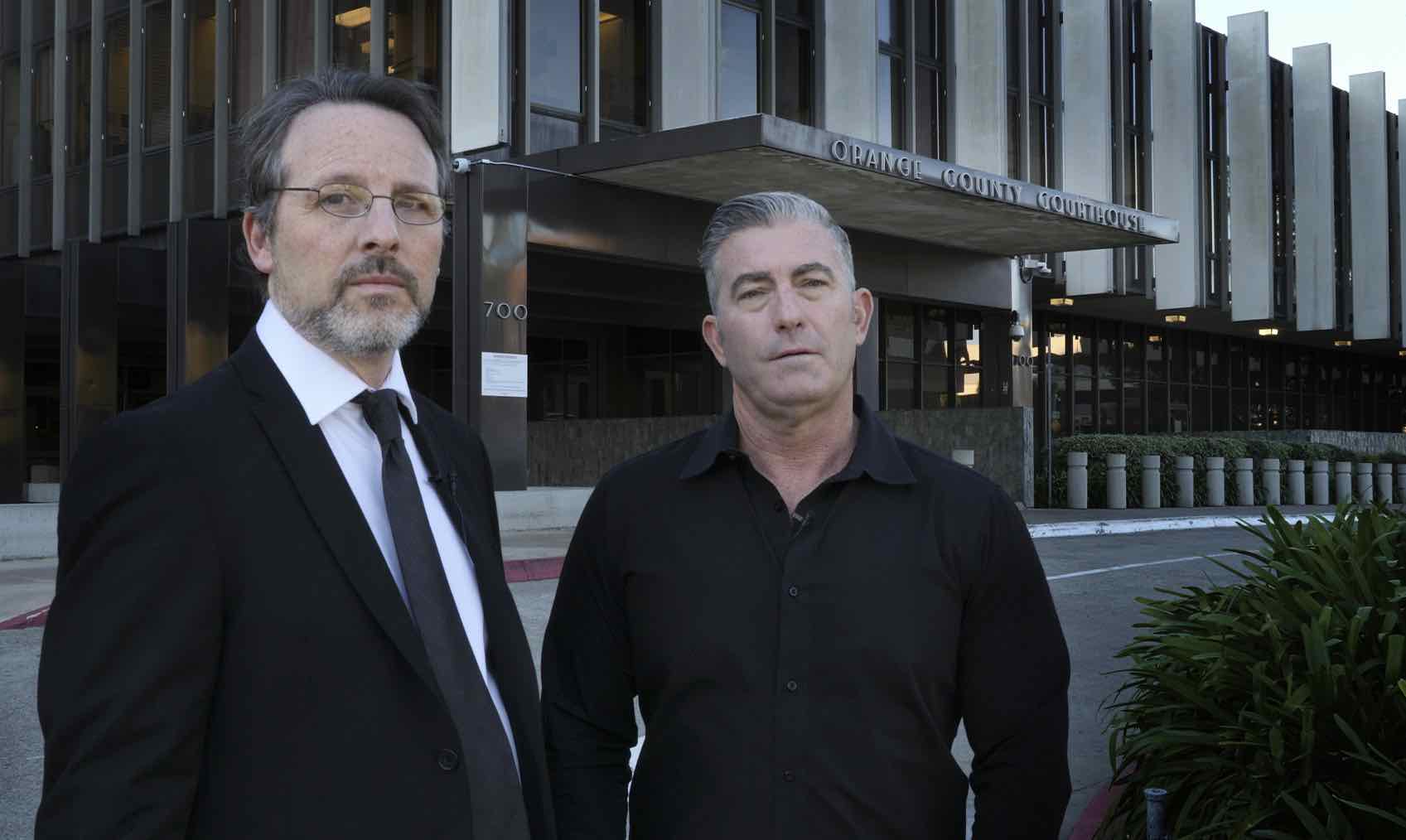

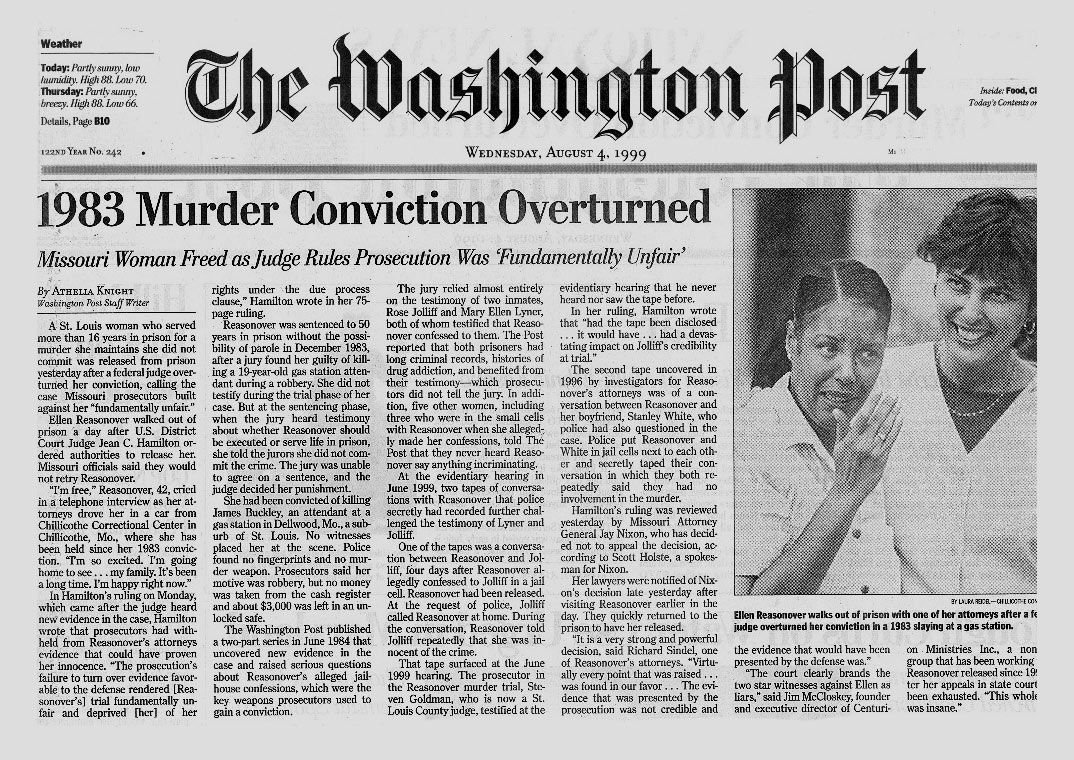




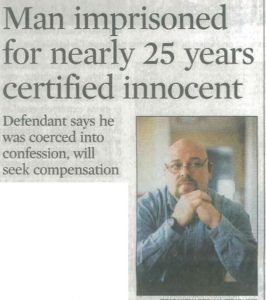
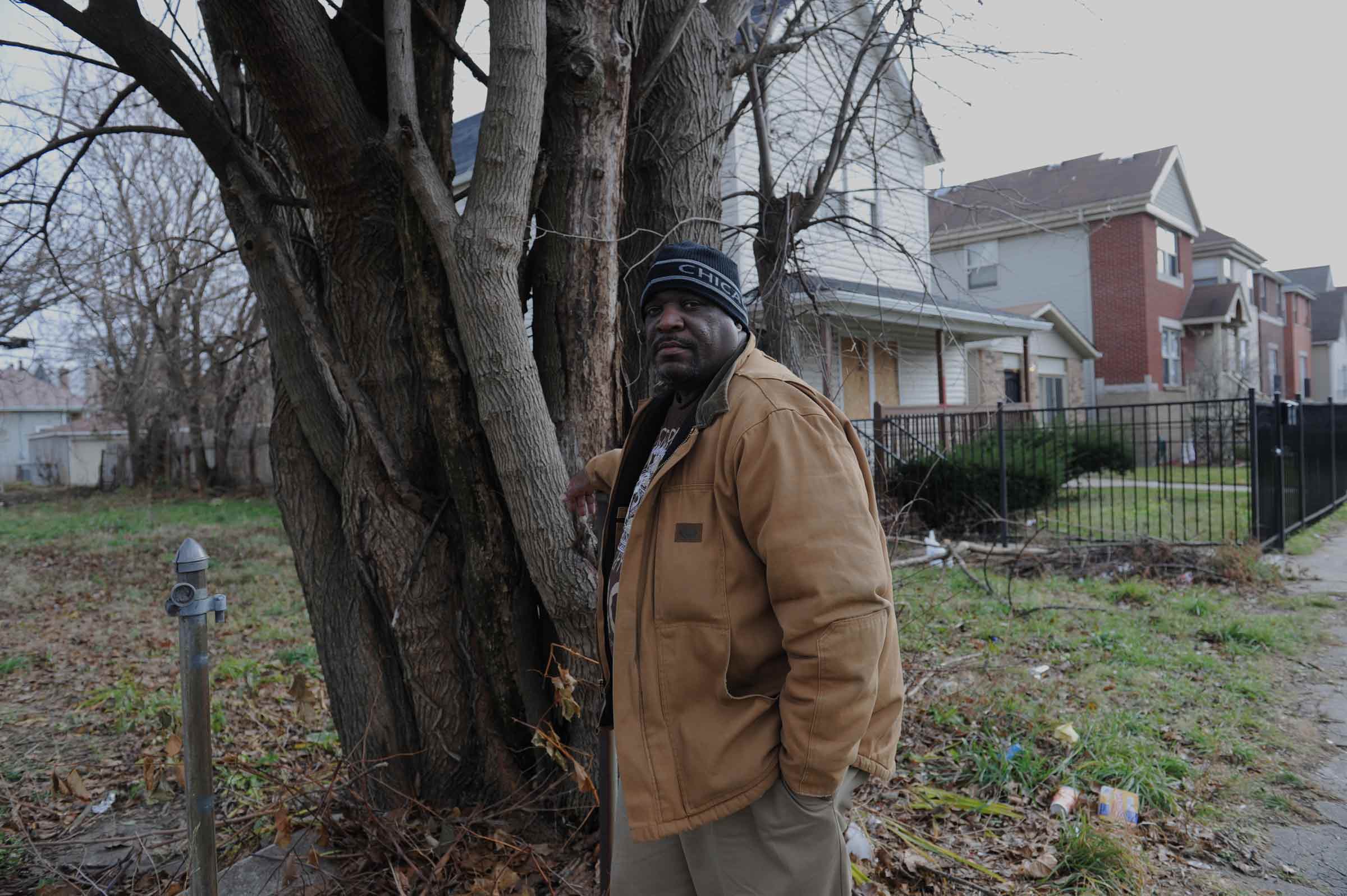







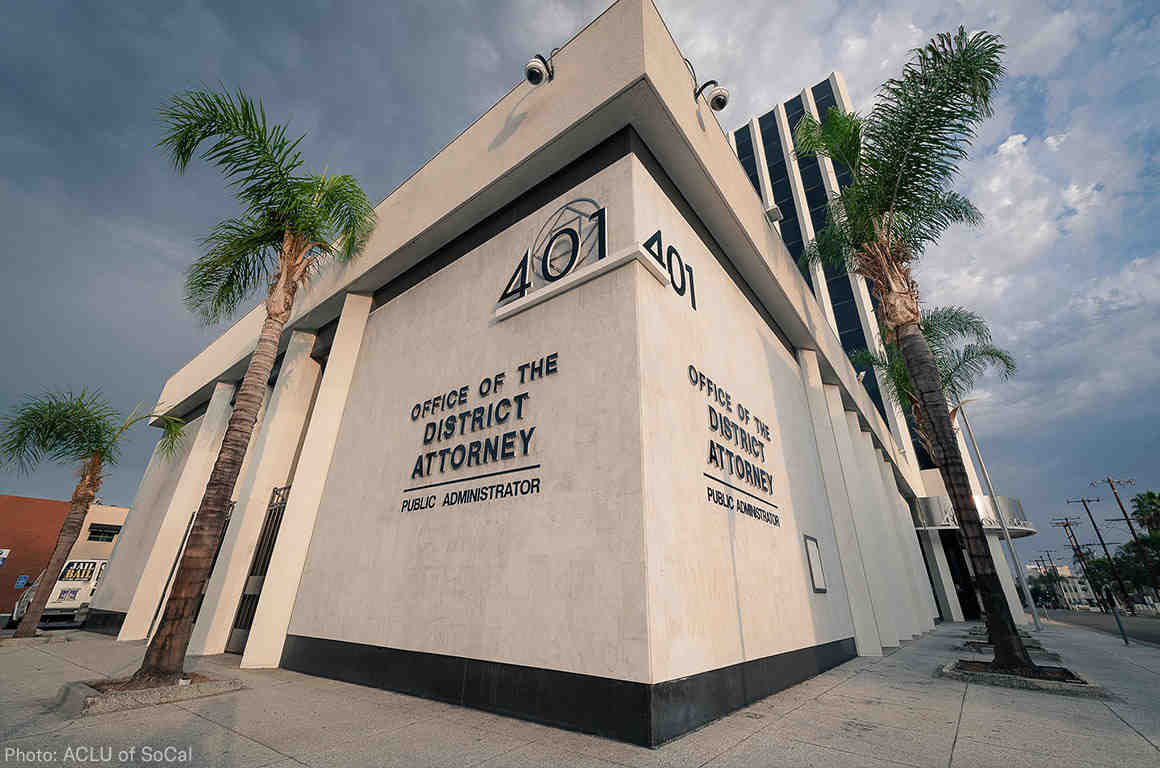

Leave a Reply
Thank you for visiting us. You can learn more about how we consider cases here. Please avoid sharing any personal information in the comments below and join us in making this a hate-speech free and safe space for everyone.